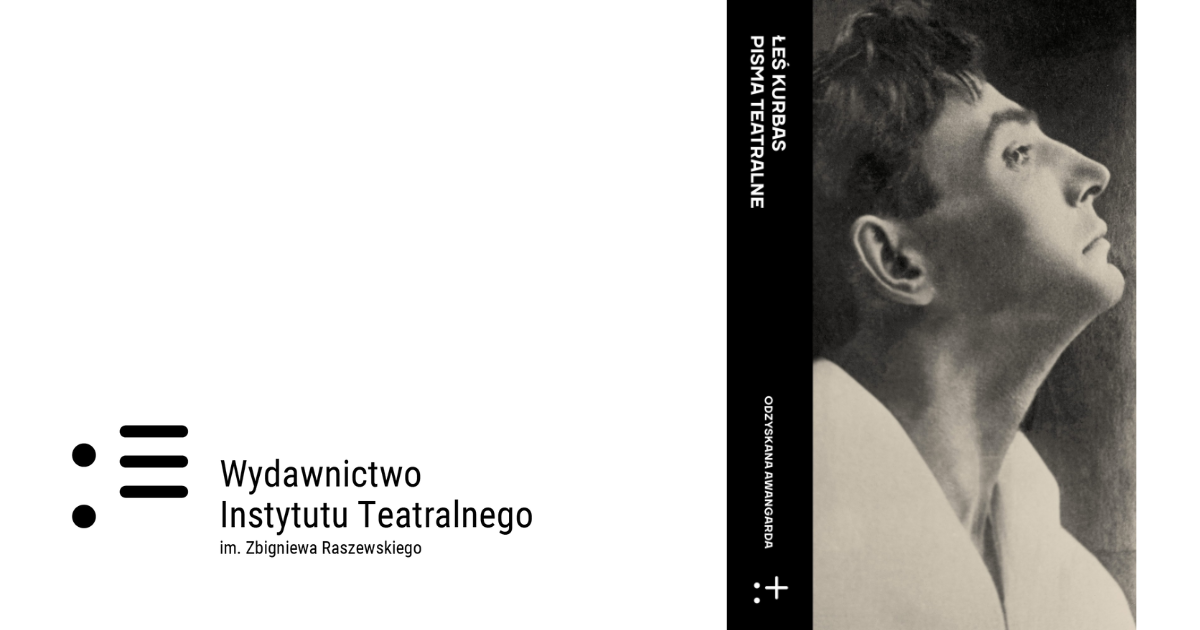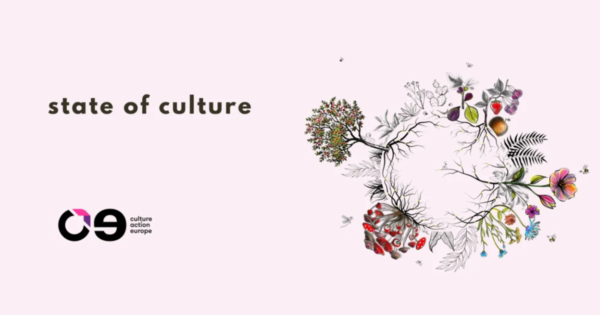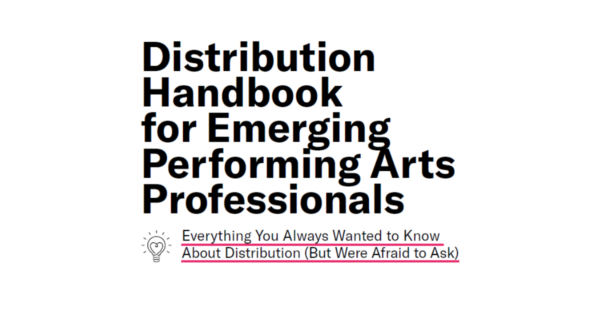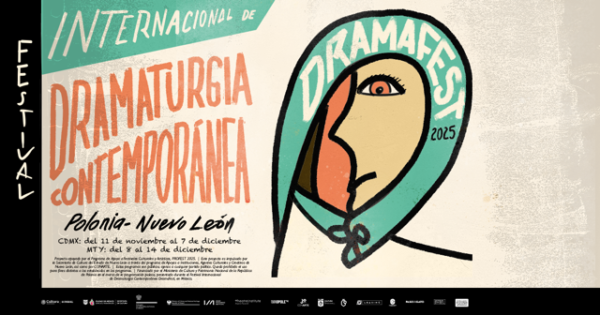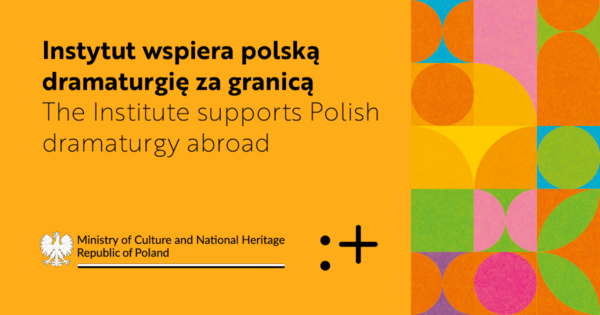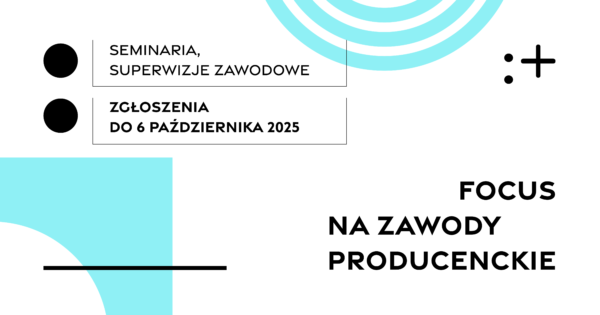The Zbigniew Raszewski Theatre Institute begins the publication of a series of books that make up the landscape of the theatrical avant-garde of Poland and Central-Eastern Europe. By the end of the next year six publications will have been released to explore this phenomenon. April saw the release of the first book – a collection of writings by the Ukrainian reformer and director, Les Kurbas.
As part of the series Odzyskana Awangarda (Reclaimed Avant-garde) – in addition to “Pisma Teatralne” by Kubras – the following will have been published by the end of the next year: an anthology of the Polish theatrical avant-garde edited by Dorota Fox and Dariusz Kosiński, collected texts on the theatrical avant-garde authored by the outstanding researcher Ewa Guderian-Czaplińska, edited by Małgorzata Leyko and Wojciech Dudzik, a long-awaited new book by Małgorzata Dziewulska on the subcarpathian avant-garde, Emil František Burian’s theatrical writings edited by Jan Jiřík translated by Krystyna Mogilnicka, and a lexicon of the theatrical avant-garde of Central-Eastern Europe (in English). The latter will be a summary of the research project financed by the National Programme for the Development of Humanities “Reclaimed Avant-garde. Polish and Central European Theatre Avant-garde”, headed by Małgorzata Leyko.
The selection of writings by Kubras was published on April 13th. A few days later – on April 26th – a meeting was held as part of the series of the Theatre Institute “Book in the Theatre” (in the online formula) dedicated to the legendary creator of the modern Ukrainian theatre and the whole publishing series. The interview – which was first broadcasted at www.instytut-teatralny.pl, on Facebook and YouTube IT channel http://bit.ly/LesKurbasBookintheTheatre is now available with Ukrainian and English subtitles – was attended by: Oksana Czerkaszyna, Maiia Harbuziuk, Anna Korzeniowska-Bihun, Małgorzata Leyko, and was hosted by Joanna Biernacka-Płoska.
A theatrologist, Irina Lappo, writes about the book in the following words: The edition of “Pisma teatralne” by Les Kurbas is an extraordinary book for two reasons. Firstly, it tells a story about a work that is little known in the Polish cultural circle. Secondly, it is a fascinating narrative about the creative process: the Polish edition is based not on a closed, researched and canonical work, but on scattered achievements, unfinished interpretations. The source texts which it contains are mostly transcripts from meetings of the directing staff, lectures on directing and stage practice, and articles published by Kurbas in newspapers and texts of his co-authorship as well as edited accounts of third parties. They have been arranged around the dominant theme so as to make it easier for the Polish reader to navigate the extremely rich but also difficult legacy of Les Kurbas. Texts translated by Bruno Chojak, Marta Kacwin-Duman and Anna Korzeniowska-Bihun are annotated and preceded with a preface by Anna Korzeniowska-Bihun.
The avant-garde reclaiming
The publications announced for this and the next year are a continuation of the celebration of the century of the avant-garde commenced in the year 2017, which is officially proclaimed the Year of the Avant-garde. As part of it, the Reclaimed Avant-garde project has been initiated at the Zbigniew Raszewski Theatre Institute based on the need to learn more about the theatrical traditions of the region’s countries and to disseminate them outside of those countries. The first stage of the project implementation was the establishment of a platform for researchers of Central-Eastern European theatre. The platform, created by theatrologists from fourteen Central-Eastern European countries: Belarus, Bulgaria, Croatia, the Czech Republic, Georgia, Lithuania, Latvia, Poland, Romania, Serbia, Slovakia, Slovenia, Ukraine and Hungary, has enabled the exchange of knowledge and free discussion.
The first phase of the project resulted in two publications: the anthology “The Theatrical Avant-garde in Central-Eastern Europe. A Selection of Source Texts” edited by Ewa Guderian-Czaplińska and Małgorzata Leyko (with program texts, mostly not previously translated into Polish, by historical theatrical avant-garde artists from eleven countries – from Bulgaria to Hungary – preceded with extensive introductions by contemporary researchers) and the book “Reclaimed Avant-garde: Spaces and Stages of Avant-garde Theatre in Central and Eastern Europe”, edited by Dariusz Kosiński and Zoltán Imre – the effect of the conference held at the Zbigniew Raszewski Theatre Institute in November 2017.
